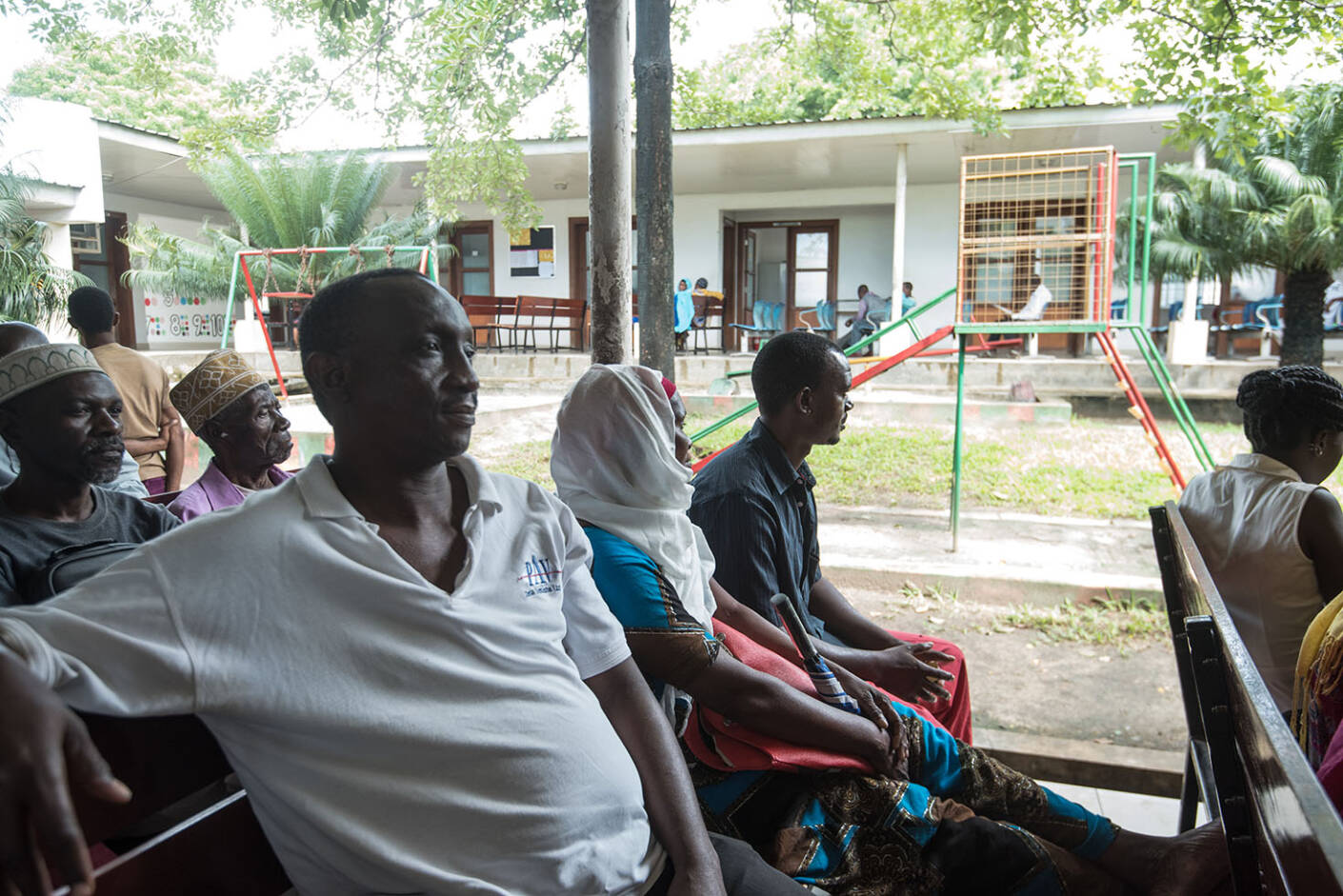Engaging community health workers
Building nation pharmacovigilance capacity has also been a key goal of the SPaRCS project, which has been promoting pharmacovigilance peer learning across Eswatini, Namibia, South Africa and Zimbabwe, alongside other work on enhancing clinical trial oversight.
An in-person pharmacovigilance workshop was held in Namibia in 2023, with participants from six African countries and Belgium, after which a selection of attendees took part in site visits hosted by the Namibian Therapeutics Information and Pharmacovigilance Centres.
Of particular note has been a focus on equipping community health workers to contribute to pharmacovigilance activities. Training materials and a training manual for facilitators were developed and piloted with community health workers in Namibia and Eswatini. The finalised training manual and training materials were shared with SPaRCS partners and uploaded onto the SPaRCS website9. In Namibia, community health workers were for the first time included in the #Med Safety week initiative in September 2023, which included their participation in a panel discussion shown on national television.
Monitoring drug effects
The PROFORMA project, focused on East Africa, has sought to strengthen connections between academia, national medicine regulators and public health programmes, in order to embed pharmacovigilance activities in ongoing practice, particularly mass drug administration and new vaccination campaigns. It has also prioritised education, having developed an undergraduate pharmacovigilance curriculum, which has been adopted by PROFORMA partner universities in East Africa, and a postgraduate programme in pharmacovigilance and pharmacoepidemiology, which has been accredited by the Tanzania Commission for Universities and adopted by Muhimbili University, Tanzania.
The project has also generated critical evidence on the safety, tolerability and effectiveness of drugs used in mass drug administration programmes in East Africa. Treatment monitoring has focused on praziquantel for treatment of schistosome infections in school children in Rwanda, albendazole for soil-transmitted helminths in Rwanda and southern Ethiopia, praziquantel and albendazole co-administration in Rwanda and southern Ethiopia, and ivermectin and albendazole administration for lymphatic filariasis in Tanzania.
These studies have identified limited effectiveness of albendazole against certain soil-transmitted helminths (particularly whipworm, Trichuris trichiura), the continuing efficacy of praziquantel against schistosomes, and the general safety of albendazole and praziquantel co-administration, although with more adverse events seen in infected children. Some of these were severe, highlighting the importance of routine pharmacovigilance. The data on ivermectin and albendazole co-administration showed it was generally safe, and fed into the work of the STOP project.
A blueprint for pharmacovigilance
The PAVIA project, focusing on Eswatini, Ethiopia, Nigeria and Tanzania, has carried out a comprehensive set of activities to connect those with an interest in pharmacovigilance across the four countries, and to strengthen human capacity and pharmacovigilance systems. It has collated its learning into a Blueprint which summarises its work and provides detailed guidance for countries looking to strengthen their pharmacovigilance capabilities.
PAVIA has had particularly notable impact in Eswatini, where it supported the development of the country’s first standalone pharmacovigilance policy and framework.

scroll down
Pharmacovigilance, surveillance to detect possible adverse events associated with use of new medical interventions, is essential during both the development and introduction of new drugs and vaccines. Systems for detecting adverse events are needed to ensure that participants in clinical trials are not exposed to unnecessary risk, while national systems are needed to identify possible safety signals when an intervention begins to be used at scale.
In addition, monitoring activities can be important for assessing the effectiveness of interventions, to confirm that anticipated beneficial effects are actually achieved and to provide early warning signs of waning effectiveness due to drug resistance.
Three EDCTP-funded projects have boosted the ability of countries in sub-Saharan Africa to undertake drug safety and efficacy monitoring.

Enhancing drug safety and efficacy monitoring